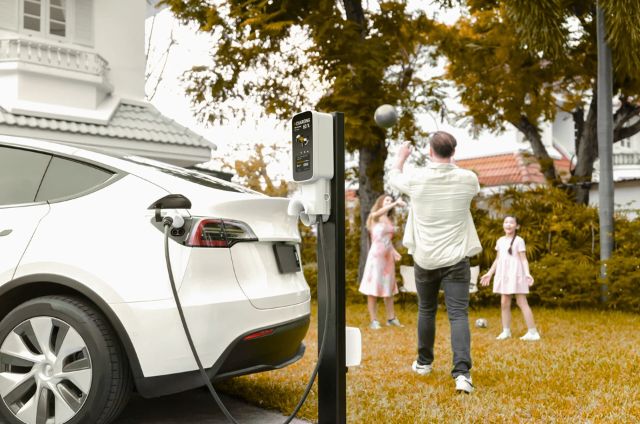Ford has issued a recall for 11,922 F-150 Lightning electric trucks from model years 2023 and 2024 due to a potential suspension issue. The problem involves improperly tightened front upper control arm ball-joint nuts, which could lead to detachment and loss of control. Here’s what owners need to know about this safety concern and Ford’s next steps.
What’s the Issue?
The recall stems from ball-joint nuts that may not have been properly tightened during assembly. These nuts connect the control arm to the wheel hub, ensuring proper suspension alignment. If they loosen or detach, the control arm can separate, resulting in a loss of directional control and increasing the risk of accidents.
Drivers may notice early warning signs such as unusual vibrations, clunking, or rattling sounds during suspension movement. According to Ford, the issue has already led to one crash and several reports from the field.
Cause of the Problem
Ford attributes the problem to a tool misalignment during assembly. Changes in the tool’s orientation may have prevented the nuts from being properly secured. This minor manufacturing glitch has now triggered a significant recall affecting thousands of vehicles.
What Owners Should Do
Ford dealers will inspect the ball-joint nuts on affected vehicles and replace any faulty components, including the knuckle assembly if necessary. Owner notification letters will be mailed starting February 3, 2025, but concerned drivers can contact Ford’s customer service at 1-866-436-7332 for immediate information. The recall reference number is 24S76.
Lightning’s Growing Pains
The F-150 Lightning made a splash in the EV market when it debuted in 2022. It received updates in 2024, including a range-enhancing heat pump and a new trim level called Flash, which slots between the XLT and Lariat models. Despite its popularity, this recall highlights the growing pains of scaling up EV production while maintaining quality control.
Ford’s swift response underscores the automaker’s commitment to safety. As EV adoption grows, ensuring robust build quality will remain crucial for maintaining customer trust.



